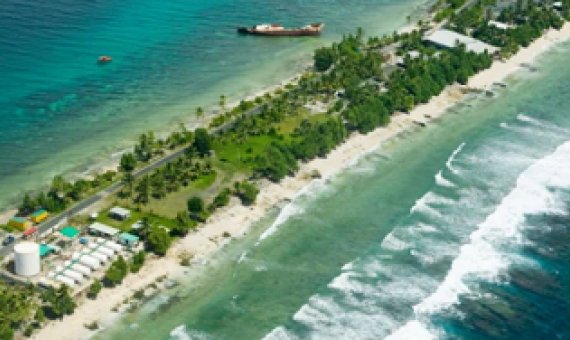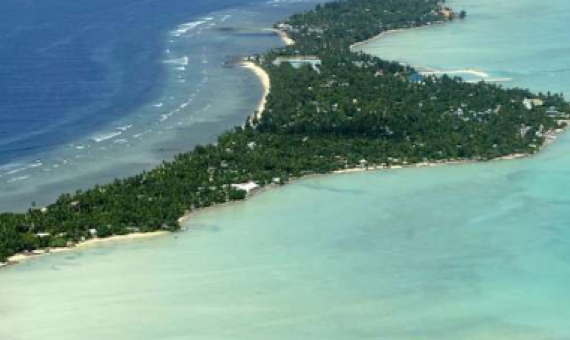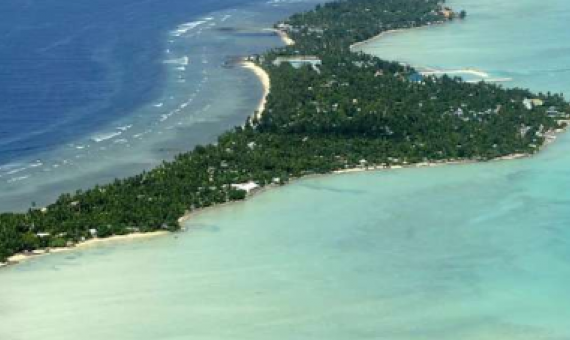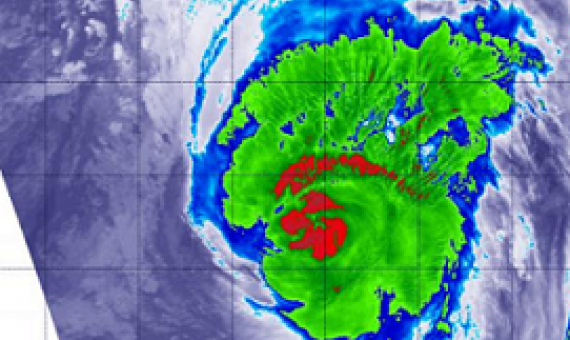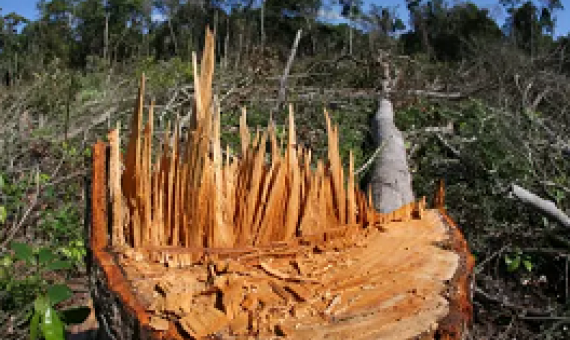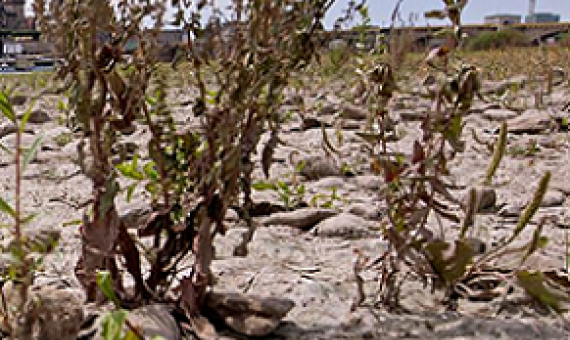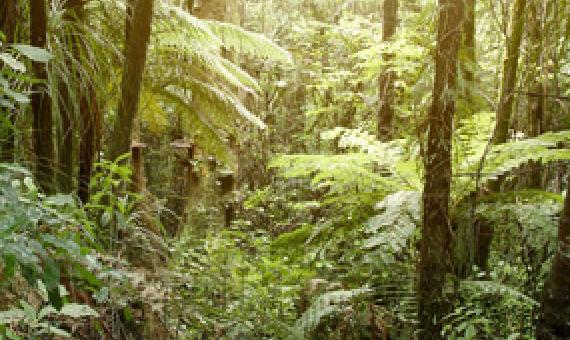Pacific Islands leaders know all about compromise, and were not expecting miracles, but they will still come away from the Pacific Forum summit with a bitter taste in their mouths.
As Australia’s Prime Minister arrives in Tuvalu for the Pacific Islands Forum Leaders’ Meeting on Tuesday, I want to remind him that he is setting foot in a country that could soon be under water.
Labor has lashed the prime minister for ignoring the climate change concerns of Pacific Island nations, saying a push to crack down on ocean plastics still leaves a “giant hole” in the Coalition’s environment policy. Link to full article below.
It is an undisputable fact that Pacific islanders face an existential threat from climate change.To a far more immediate degree than people living in most other parts of the world, inhabitants of low-lying atolls and archipelagos in the Pacific have to worry about losing their security and liveli
A leading hurricane forecast amended its early-season prediction Thursday, increasing the chances for a more active storm year with the demise of El Niño.The National Oceanic and Atmospheric Administration announced the dissipation of El Niño, a storm-thwarting climate pattern, during the hurrica
Australia looks to have succeeded in watering down language on climate change in the communiqué of today's Pacific Islands Forum leaders' summit in Tuvalu.
Prime Minister Jacinda Ardern is dedicating $150 million to support climate change resilience in the Pacific. Ms Ardern made the announcement in Tuvalu, where she is attending the 18-nation Pacific Islands Forum which starts today. Link to full article below.
A landmark new report from the world’s scientists has warned the pressures humans are putting on land are enormous, unsustainable and are adding to the climate crisis. Link to full article below.
Researchers say that teasing out the role of human-induced global warming — as opposed to natural fluctuations — in individual weather extremes will help city planners, engineers and home-owners to understand which kinds of floods, droughts and other weather calamities are increasing in risk.
Conservationists in Northland say the Whangārei District Council needs to get real about climate change after a hectare of native forest was felled to make way for a subdivision. Link to full article below.


